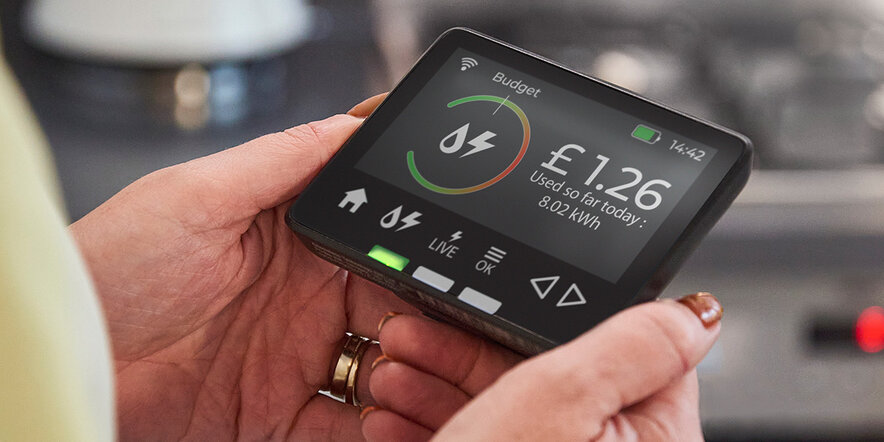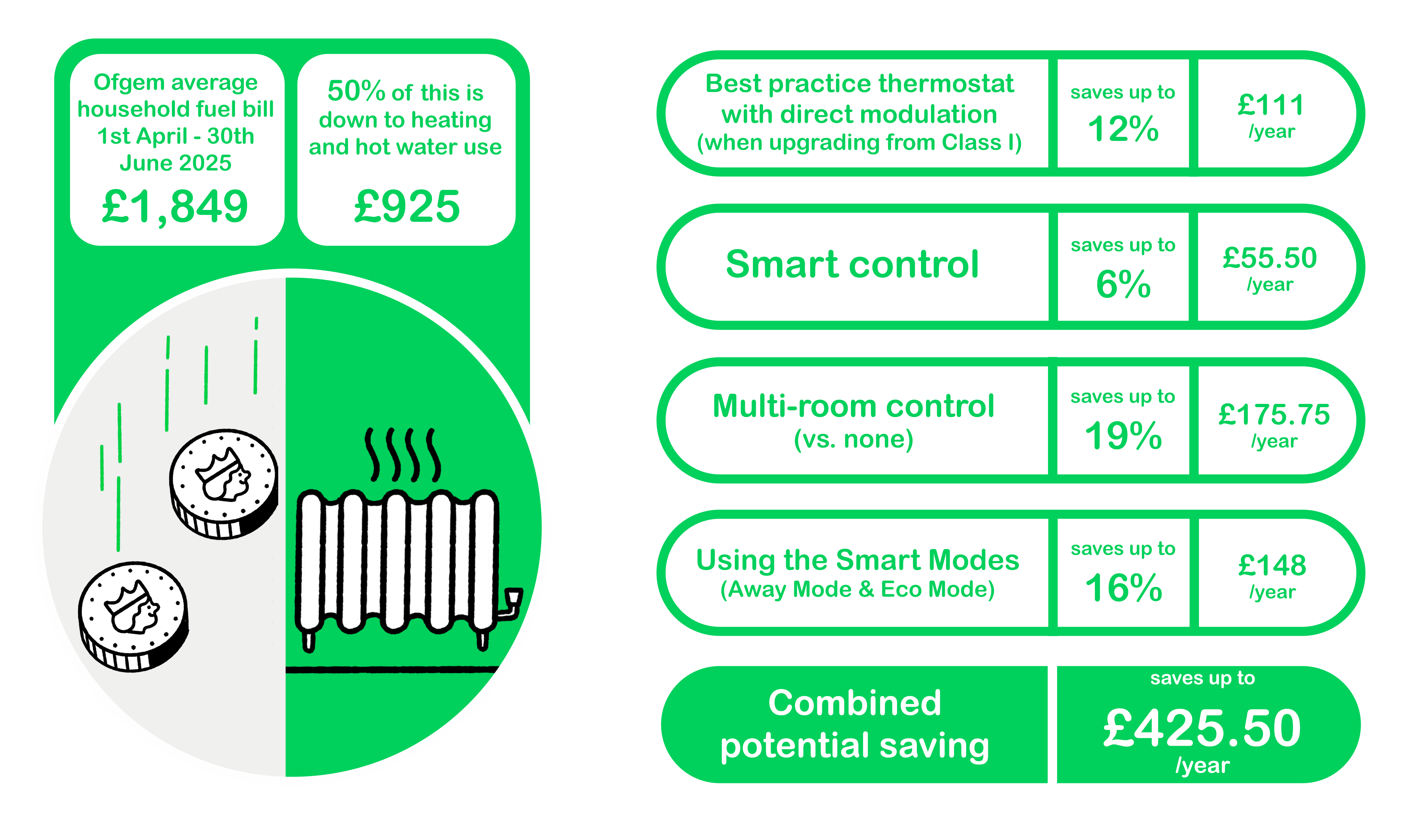Get Wiser
UK Energy Prices Rise Today: What It Means for You
It's no April Fools'. As of today, April 1st 2025, UK households are facing another increase in energy prices. Ofgem, the energy regulator, has raised the energy price cap by 6.4%, bringing the average annual bill for a household on a standard variable tariff to £1,8491.
This rise is driven by a spike in wholesale energy prices and inflationary pressures2. For many, this means tighter monthly budgets while the chilly weather lingers.
Impact on the Average Consumer
The increase in energy prices will affect millions of households across the UK. For those on standard variable tariffs, the cost per unit of energy has gone up, meaning higher bills if consumption remains the same. This is particularly challenging for low-income families and those already struggling with fuel poverty2. The rise in energy costs comes alongside other price hikes in water bills, Council Tax, and other utilities, making April the start of some expensive months for many3.
When Will Prices Change Again?
The energy price cap is reviewed quarterly, with the next adjustment scheduled for July 1st, 20254. Predictions suggest a potential decrease in the price cap, which could bring some relief to consumers4. However, these predictions are subject to change based on market conditions and other factors influencing wholesale energy prices.
How Smart Heating Controls Can Help
One effective way to manage and potentially reduce energy bills is using smart heating controls. These devices allow you to control your heating system remotely via a smartphone app, providing greater flexibility and efficiency5.
Here’s how they can help:
- Optimized Heating Schedules: Smart thermostats can learn your routine and adjust heating schedules accordingly. This means your home is only heated when necessary, reducing wasted energy.
- Remote Control: If you forget to turn off the heating before leaving home, you can do it remotely, ensuring you’re not heating an empty house5.
- Energy Usage Insights: Many smart heating systems provide detailed reports on energy usage, like Wiser’s Insights & Heat Report features, helping you identify patterns and areas where you can cut back6.
- Integration with Other Smart Devices: Smart thermostats can often be integrated with other smart home devices, such as voice assistants, making it easier to manage your home’s energy use efficiently7.
How Much Money Can Smart Heating Save?
We’ve run the numbers and done the hard work for you. Research conducted in-house, in our UK field trials and alongside the British Electrotechnical and Allied Manufacturers' Association (BEAMA) shows that upgrading from a basic Class I non-programmable thermostat with no multi-room heating control, to Wiser’s best practice smart thermostat and multi-room control via smart TRVs could save you as much as 30% on annual heating bills, plus even more savings when you make the most of the Wiser Home app’s Smart Modes. Read more about Energy Savings with Wiser.
Take a look at our infographic below to see how much upgrading to Wiser could save the average household, and how this is calculated based on the energy price cap effective from today:
By investing in smart heating controls, consumers can take proactive steps to mitigate the impact of rising energy prices. While the initial cost of these devices can feel high, the long-term savings and increased control over energy use can make them a worthwhile investment. In many cases, a Wiser system can pay back its purchase price within just a year.
While the April 1st energy price rise presents a challenge for many UK households, understanding the next steps and exploring smart solutions can help manage the impact. Stay informed about future price changes and consider smart heating controls to keep your energy bills in check. Find out more in our blog.
1,2: Ofgem
3: Express
4, 5: MoneySavingExpert
7: CNET

